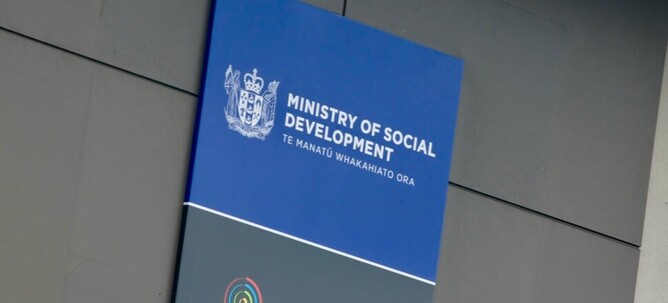The systemic nature of these problems ....
Oranga Tamariki's refusal to acknowledge systemic issues within the organisation is intolerable, writes social worker and social work researcher John Darroch
Recently Newsroom published an article based on interviews with practising social workers who described systemic issues within Oranga Tamariki.
As a social worker, and post-graduate student conducting research into statutory social work, what Newsroom has reported resonates with my experience and what I have learnt through my ongoing research.
My first exposure to the culture of silence within child protection came as a social work student on a placement at Child Youth and Family. During my first week at Child Youth and Family I introduced myself at a meeting and mentioned I was involved in political activism. A manager reacted with alarm and told the room full of social workers that one could not protest or engage in political activity while at Child Youth and Family. I was reminded of the need for political neutrality and throughout the rest of my placement I got the firm message that I needed to keep my head down.
The culture of silence I encountered as a student on placement was not isolated to the site where I worked. Soon after this placement I undertook research for my Masters and interviewed a number of social workers from Child Youth and Family. These social workers told me how social workers who spoke up on ethical issues were subject to bullying or otherwise disadvantaged. One told me that a common term used to describe those who spoke up internally was ‘well-poisoner’. Another, who had significant experience in the organisation, told me that in their role as a union delegate they saw how social workers who were deemed troublesome were harassed and subject to unrelated disciplinary action.
Full article: https://www.newsroom.co.nz/ideasroom/child-protections-culture-of-silence




